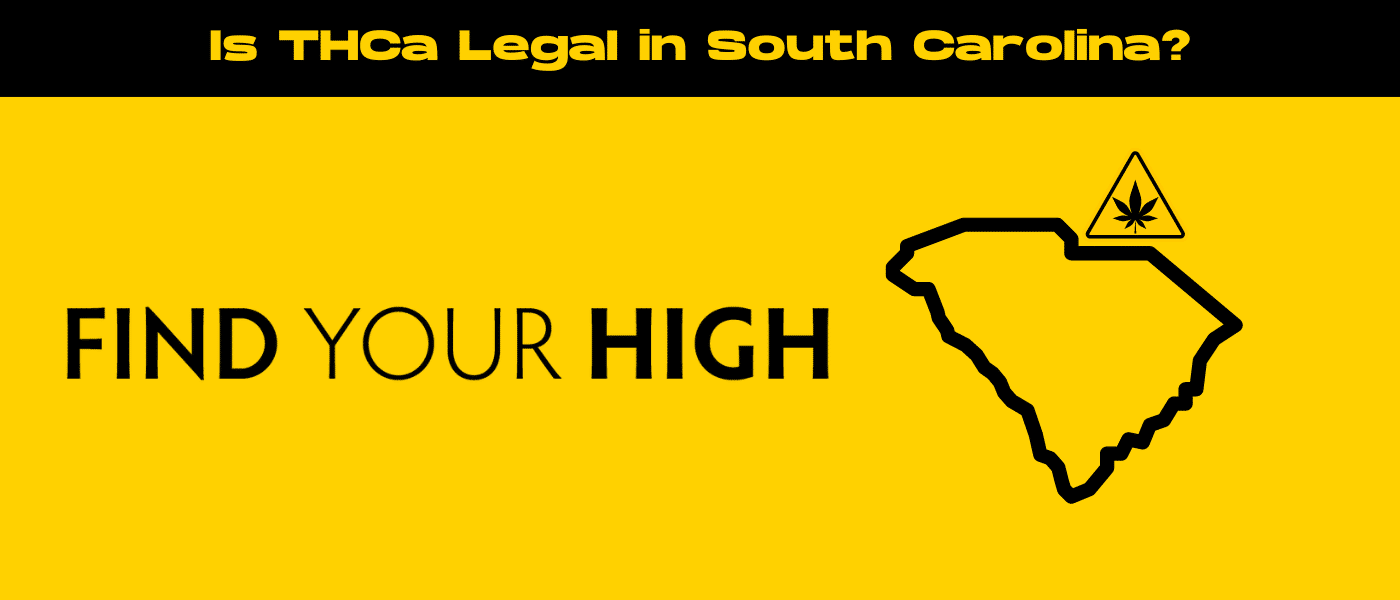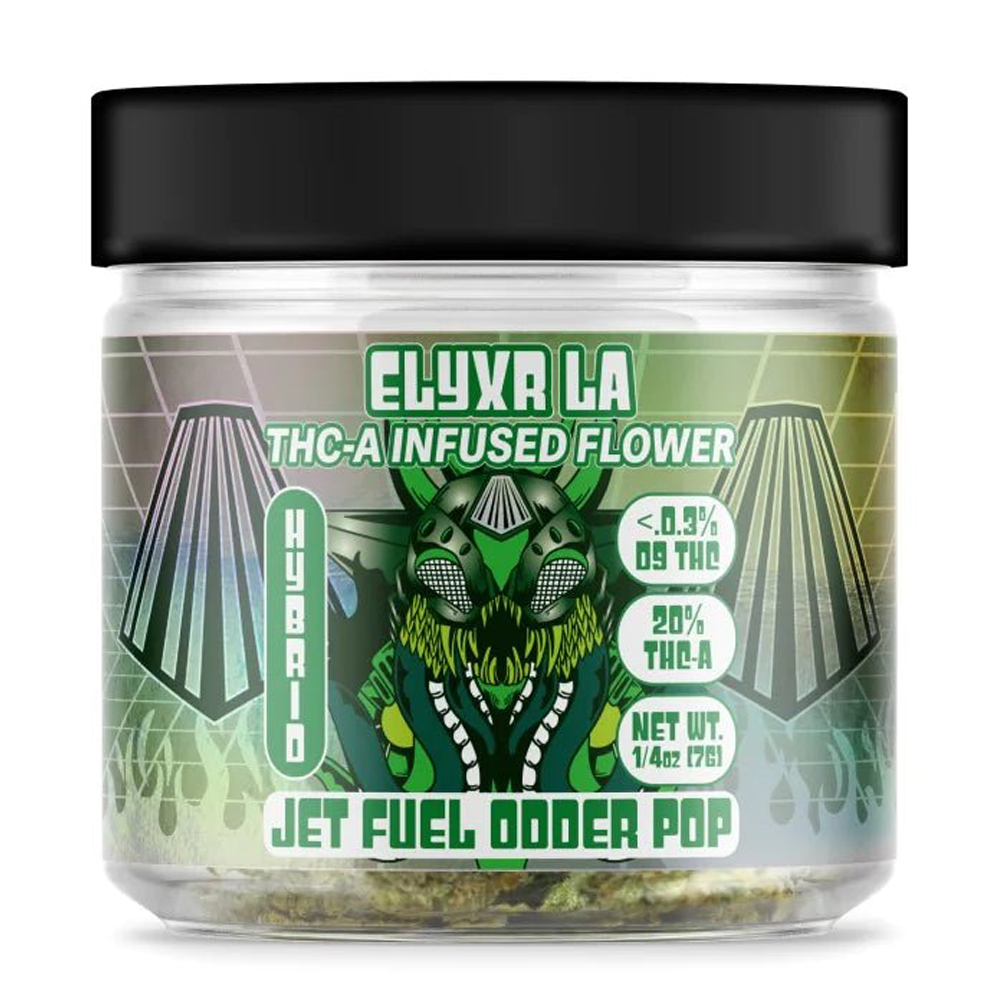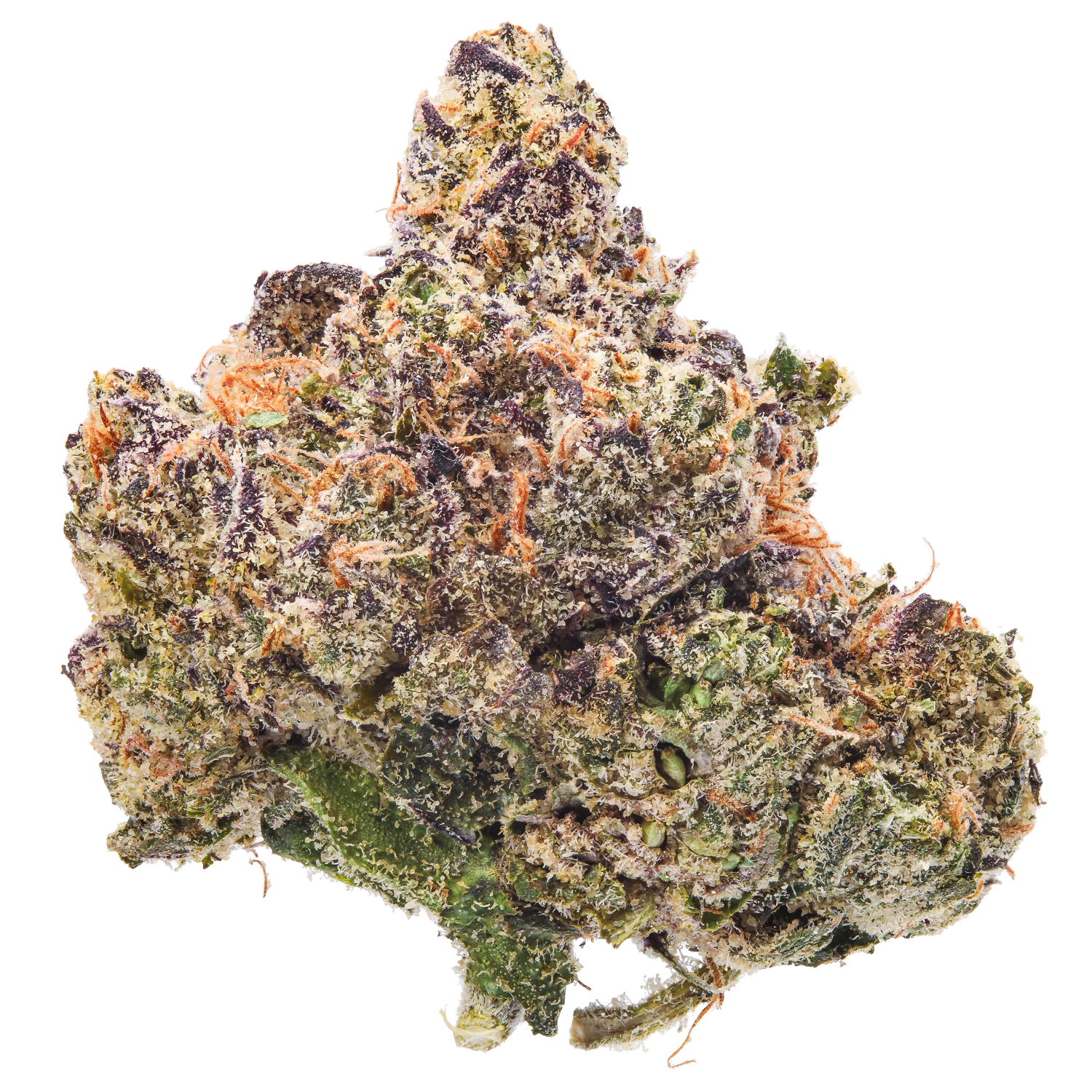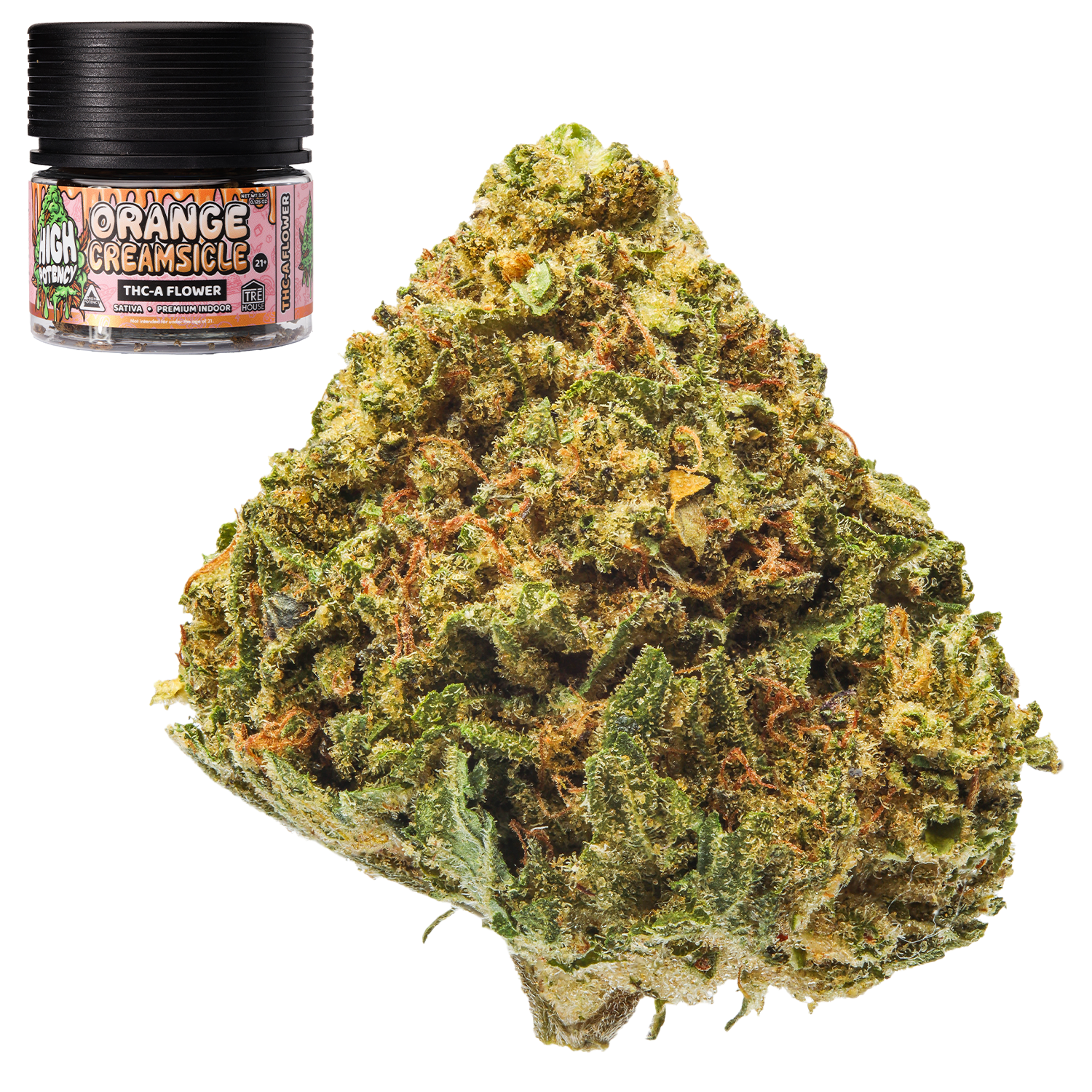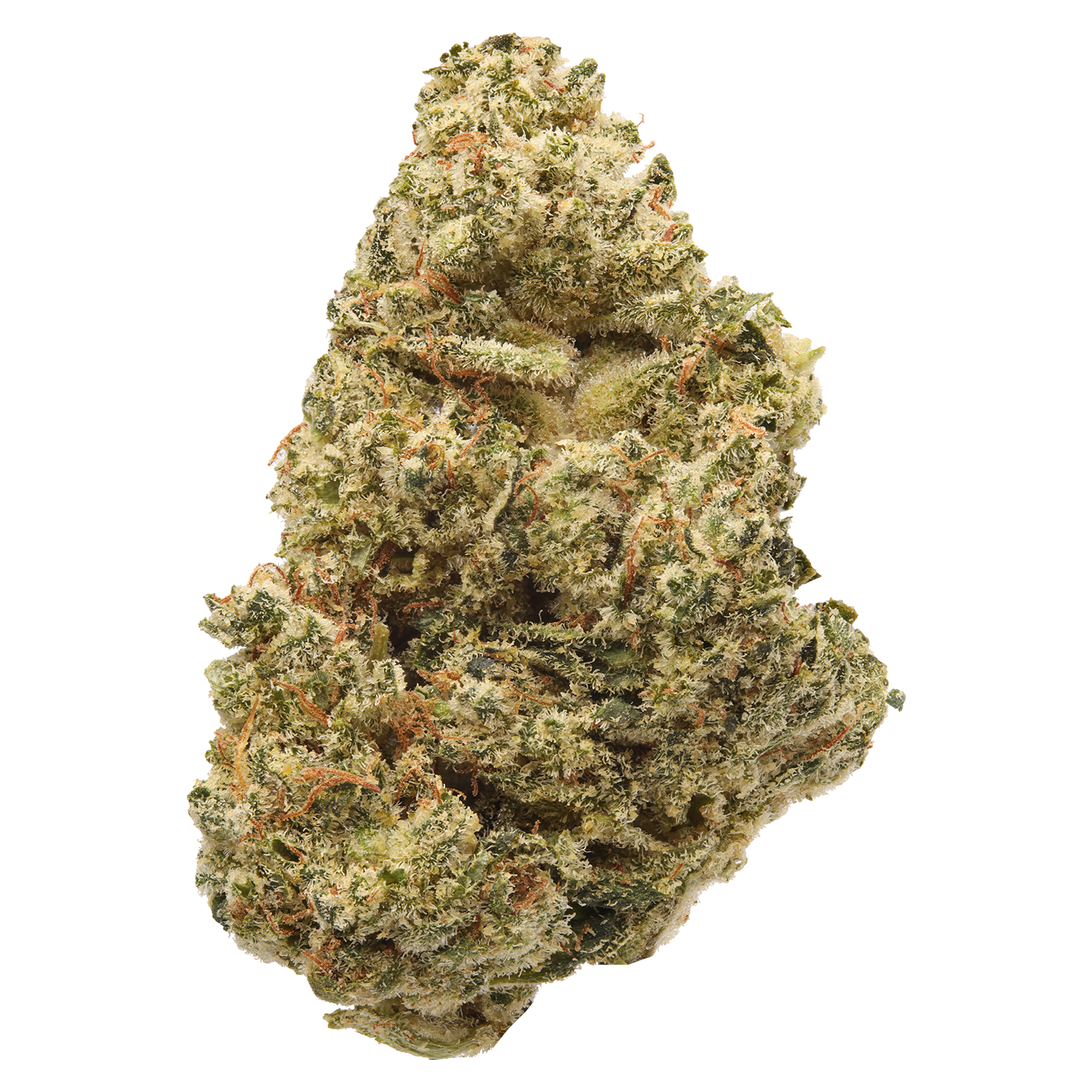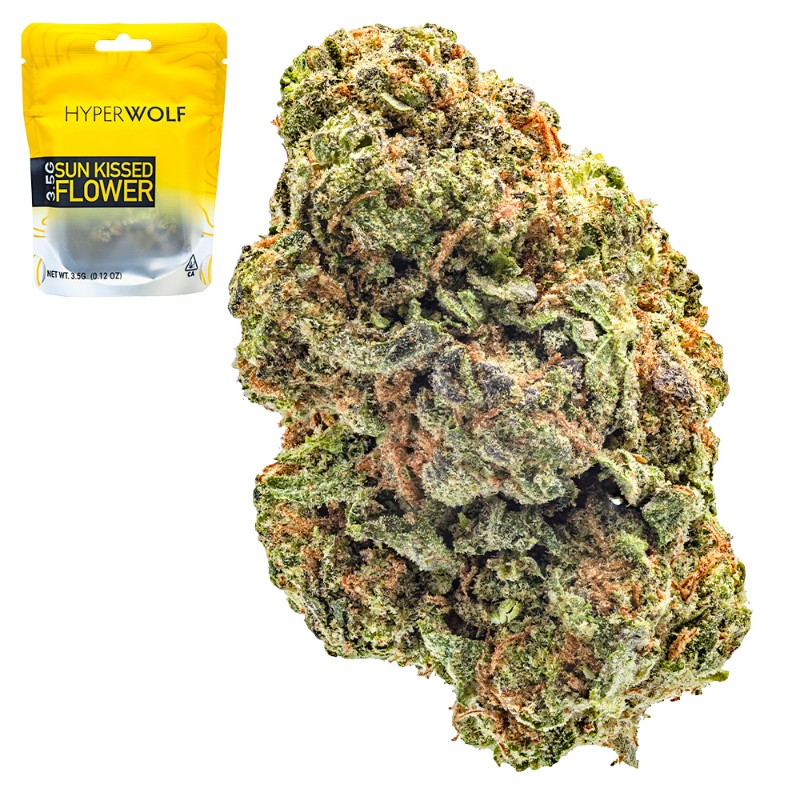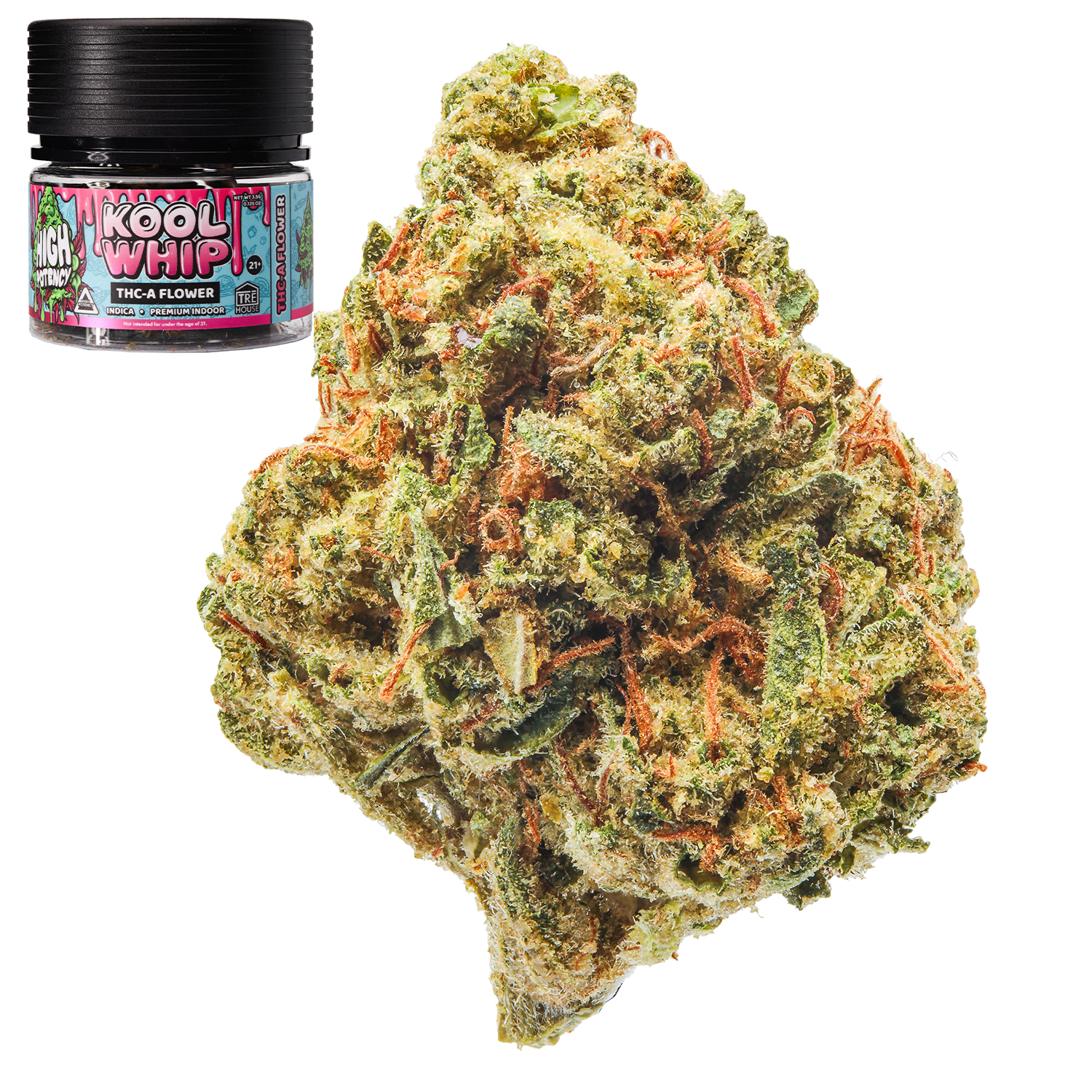Welcome to the charming world where sweet tea meets THCa—a place where South Carolina’s classic comforts blend with the modern hemp market. If you’ve ever wondered about the legal status of THCa, you’re in for a treat. But is THCa legal in South Carolina?
Let’s start by nodding to the 2018 Farm Bill, which legalized hemp production and made THC less than 0.3% a free bird across all U.S. states. But hold your sweet tea, because while it opened the doors for hemp aficionados, the fine print on THCa can be as bewildering as a Southern relative’s anecdote about that one time on the farm.
In South Carolina, where heritage means everything from slow-cooked BBQ to hemp law curiosities, the saga takes an interesting turn. The state, known for its rigorous approach to laws, requires a closer look at THCa’s legal stand. We’ll unravel South Carolina law, particularly their regulatory fabric that’s as complex as grandma’s cross-stitched tapestry when it comes to hemp and hemp-derived cannabinoids.
In this blog, we’ll dive into the nitty gritty of South Carolina cannabis laws. From understanding THC’s non-intoxicating cousin, THCa, to dissecting the legal jargon and implications for hemp farmers, retailers, and consumers in South Carolina, this post is about turning those bewildering regulations into an enjoyable fireside story. So, strap in and let’s get started!
Understanding THCa
THCa, or tetrahydrocannabinolic acid, is the raw, non-intoxicating precursor to THC found in the cannabis plant. It’s the sleeper cousin of THC, lying dormant in its acidic form until heat or light exposure flips it into the psychoactive compound we’re more familiar with.
While THC might throw a party in your nervous system, THCa is more like the dutiful librarian, offering anti-inflammatory, neuroprotective, and potential therapeutic benefits without the high — so long as it remains in its raw form.
Despite this molecular magic, THCa remains entangled in regulatory webs, partially because of its close relationship with the more buzzy THC.
The 2018 Farm Bill: A Game Changer
The 2018 Farm Bill was a monumental shift in the world of hemp, playing a key role in reshaping the agricultural landscape across the United States. This piece of legislation federally legalized the production of hemp, distinguishing it clearly from its psychoactive cousin, medical and recreational marijuana.
The Farm Bill essentially stated that hemp, defined as cannabis with a THC concentration of less than 0.3% on a dry weight basis, was no more a Schedule I controlled substance. This opened the floodgates for hemp farmers, allowing them to grow, harvest, and sell their crops legally and gave life to a booming industry of hemp-derived products.
This Bill has not only empowered farmers with new agricultural opportunities but also sparked innovation in product development and research, ranging from wellness supplements to textiles, pushing boundaries like Southern biscuits at the dinner table.
South Carolina’s Legal Landscape
In the sweet, tradition-rich tapestry that is South Carolina, the legal standpoint on hemp is as detailed as a family recipe.
The Palmetto State aligns with the federal directive laid out by the 2018 Farm Bill—allowing the cultivation and sale of hemp with THC levels under 0.3%. However, South Carolina, with its penchant for meticulousness, maintains stringent licensing and regulatory checks to ensure all cultivation and production remain compliant.
This mix of adherence to federal guidelines and a dash of local oversight creates a structured yet sometimes thorny path for growers and producers navigating the state’s hemp landscape.
What Makes Hemp Legal?
Hemp, unlike its more potent and spirited sibling marijuana, is a type of cannabis plant defined by law based on its minimal THC content. Specifically, hemp must contain no more than 0.3% THC on a dry weight basis, making it non-intoxicating by nature.
Under the legal umbrella, THCa falls neatly within this definition, as it is the non-psychoactive precursor to THC, only tiptoeing into intoxicating territory once decarboxylated (a fancy term for exposed to heat by means of smoking or vaping). As a result, products rich in THCa can be considered legal under the hemp classification, provided they adhere to the THC concentration limits.
This inclusion of THCa under the hemp definition expands the spectrum of hemp-derived goods available, allowing consumers to explore the therapeutic benefits of cannabis minus the high, adding a new layer to the legal garden of hemp delights.
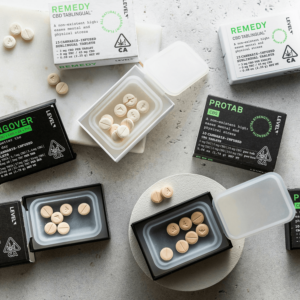
THCa vs. THC: What’s the Difference?
THCa and THC play distinctly different roles. THCa, or tetrahydrocannabinolic acid, is found in raw cannabis plants and remains non-intoxicating until transformed by heat or light into THC, the notorious life of the party that causes the “high.”
THCa flower is loaded with health perks without sending your brain on a rollercoaster ride. Unlike THC, which is basking in the spotlight for its psychoactive effects, THCa offers therapeutic benefits like anti-inflammatory and neuroprotective properties while keeping your mental faculties intact. This makes THCa a go-to choice for those pursuing cannabis’s healing properties sans the buzz.
Benefits of THCa
- Anti-inflammatory Properties: THCa is a potent anti-inflammatory agent, which can help alleviate conditions like arthritis and other inflammatory ailments.
- Neuroprotective Effects: Its protective effects on nerve cells may offer hope for conditions such as Alzheimer’s and other neurodegenerative diseases.
- Nausea Relief: THCa is noted for its potential to reduce nausea, making it beneficial for patients undergoing chemotherapy.
- Antioxidant Capabilities: The compounds in THCa act as antioxidants, helping to protect cells from damage due to free radicals.
Commonly, THCa is incorporated into diets through raw cannabis-based juices, smoothies, or tinctures that preserve its raw form. These methods capitalize on THCa’s benefits without the need for heating, making it as straightforward as pouring a glass of sweet tea.
THCa Products Available Legally
In the realm of THCa products, South Carolina offers various options for those seeking the benefits without the buzz. Available products include THCa flower, concentrates, pre-rolls, vapes, and edibles like gummies, all poised to deliver therapeutic outcomes while adhering to legal standards.
Hyperwolf.la provides a convenient purchasing avenue by shipping 100% federally legal hemp products directly to consumers’ doors across the nation, ensuring South Carolina access to these non-intoxicating goods.
Local dispensaries and specialty stores also serve as vital resources for those looking to explore THCa within the legal confines of the state.
Retailers and THCa
Retailers dealing in THCa carry the significant responsibility of ensuring compliance with state law. This involves careful documentation and verification that all products meet federal THC concentration limits under 0.3% on a dry weight basis.
Retailers must also maintain transparency with consumers by providing accurate labeling and product information. To align with state guidelines, they must keep thorough records, including supply chain details and THC content testing results, guaranteeing that all operations proceed lawfully and contribute to a transparent market for consumers.
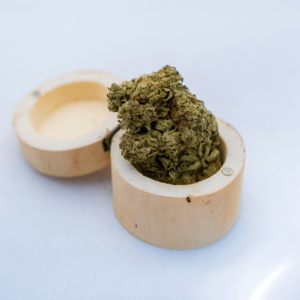
Farming Hemp in South Carolina
South Carolina’s regulatory framework for hemp farming blends both federal guidelines and state-specific licensing requirements to ensure a robust and compliant industry.
Farmers interested in cultivating hemp must obtain a license from the South Carolina Department of Agriculture, a process that involves submitting a detailed application, undergoing a background check, and preparing to adhere to stringent farming practices. These state and federal regulations dictate not only the permissible THC levels but also the required routine testing and inspection of crops to prevent violations.
The state also imposes clear guidelines on seed sourcing to maintain the integrity of the hemp strains being cultivated. By fulfilling these obligations, farmers can contribute to an emerging sector known for both innovation and a commitment to THCa legality, fostering a thriving environment for hemp production in the Palmetto State.
THCa and Drug Tests: What You Need to Know
Wondering if indulging in THCa might turn your next drug test into an unexpected surprise? Well, here’s the scoop: most standard drug tests are designed to detect THC, the psychoactive compound, not its acid form THCa.
However, as THCa can convert to THC when exposed to heat (think: smoking, vaping), regular consumption might lead to detectable THC levels. This risk is especially true when using THCa products that involve heating. For consumers concerned about drug testing, it’s advisable to:
- Avoid heat-conversion methods like smoking.
- Stick to THCa tinctures (if they contain raw THCa extract) or raw consumption.
- Consult product labels and manufacturers to ensure THC levels remain within safe margins.
Potential Legal Challenges
The ever-evolving landscape of cannabis legislation could introduce some plot twists along the way. While THCa enjoys a legal status under hemp classification, future adjustments might alter this scenario.
Recent debates around the wider cannabis laws and potential changes to federal classifications could reshape the playing field at any time. Keeping an eye on the legal updates and participating in public discourse are both wise moves for consumers and industry players alike. After all, cannabis legislation is like a rollercoaster, and you never know when the next turn is coming!
Consumer Awareness
If you’re keen on hopping onto the THCa bandwagon, a little consumer vigilance goes a long way. To verify the legality of your chosen products, always:
- Check for clear labeling and Certificate of Analysis (COA) from third-party labs.
- Opt for reputable retailers who prioritize transparency and compliance with state laws.
- Stay updated on local and federal legal changes impacting cannabis products.
Arming yourself with knowledge ensures you can savor the benefits of THCa responsibly and legally.
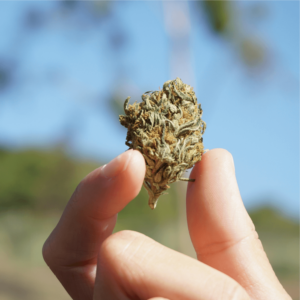
The Economic Impact of Legal Hemp
The legalization of hemp has been a game-changer for South Carolina’s economy, opening up a promising market with opportunities for growth and innovation.
The local hemp industry has burgeoned, creating jobs not only in farming but also in processing, distribution, and retail. This development injects significant revenue into the state and bolsters rural communities, where hemp farming often takes place.
With federal laws allowing interstate commerce of hemp, South Carolina can market its products nationwide, enhancing the potential for economic expansion. Supporting industries, including equipment manufacturing, logistics, and research, have also witnessed an uptick, illustrating the robust ripple effect legalized hemp has on the wider economic landscape.
Common Misunderstandings About THCa
THCa often gets mixed up with its more infamous cousin, THC, leading to widespread misconceptions. The most persistent myth is that THCa gets you “high,” which it doesn’t unless heated to convert into THC.
It’s also often misunderstood as a less effective compound, while many seek THCa for its therapeutic benefits without the psychoactive effects. Finally, some people think THCa products are uniformly illegal, but within legal THC limits, they’re perfectly legitimate.
The Road Ahead for Hemp and Cannabis Laws
As we look to the future of hemp and cannabis legislation, potential changes loom on the horizon. National and state-level lawmakers continue to debate expanded legalization and regulations, which could open new avenues for the cannabis industry.
A reclassification of cannabis at the federal level might markedly alter production, distribution, and research landscapes. This shift could pave the way for comprehensive research into cannabis’s potential medical applications, further integrating it into healthcare regimes. However, increased regulation might also bring tighter controls on the production process, necessitating industry players to adapt swiftly.
Stakeholders across the board must stay vigilant and engaged as these legal developments unfold, preparing to either capitalize on new opportunities or navigate challenges presented by future legislation.
Conclusion
So, is THCa legal in South Carolina? In wrapping up our exploration of the hemp and cannabis world, it’s crucial to highlight the incredible potential and evolving nature of this industry. From the rigorous licensing required for South Carolina hemp farmers to the legal nuances of THCa’s legality under the 2018 Farm Bill and federal law, we’ve traversed a dynamic landscape.
This legal status allows THCa to flourish in a regulated environment, provided its THC content remains within legal limits, empowering both consumers and industry stakeholders. As we anticipate future changes in legislation, the importance of consumer awareness and industry compliance cannot be overstated.
Staying informed on regulatory shifts ensures everyone can responsibly engage with and benefit from hemp products. Ultimately, the hemp and cannabis sectors stand on the brink of further growth and innovation, promising exciting opportunities while challenging us to remain vigilant and adaptable in the face of legislative developments.
Is THCa Legal in South Carolina: Frequently Asked Questions
1. What states banned THCa?
As of now, the legal status of THCa can vary significantly from state to state, with some states imposing stricter regulations than others. It’s essential to verify current state laws, as legislation can change rapidly. States like Idaho and Nebraska, known for their stringent cannabis laws, might have restrictions in place, but always check the latest legal landscape to be sure.
2. Is THCa legal in South Carolina in 2024?
Yes, as of 2024, THCa in South Carolina is legal under the hemp classification, in accordance with the 2018 Farm Bill. This means that as long as the THCa products maintain a THC content of less than 0.3%, they remain within legal boundaries. Keep an eye on any potential legislative changes to ensure continued compliance.
3. Is THCa legal in Myrtle Beach, SC?
Indeed, THCa is legal in Myrtle Beach, SC, following the same guidelines imposed across the state. As a part of South Carolina, Myrtle Beach adheres to the laws permitting the sale and use of THCa products with less than 0.3% THC content. However, local ordinances might offer additional rules or restrictions, so it’s wise to confirm with local regulations.
4. How psychoactive is THCa?
THCa itself is not psychoactive, meaning it won’t give you a “high” like its converted counterpart, THC. However, when subjected to heat through processes such as smoking or vaping, THCa is converted into THC, which is psychoactive. If your aim is to avoid psychoactive effects, consuming THCa in ways that do not involve heating is advisable.




